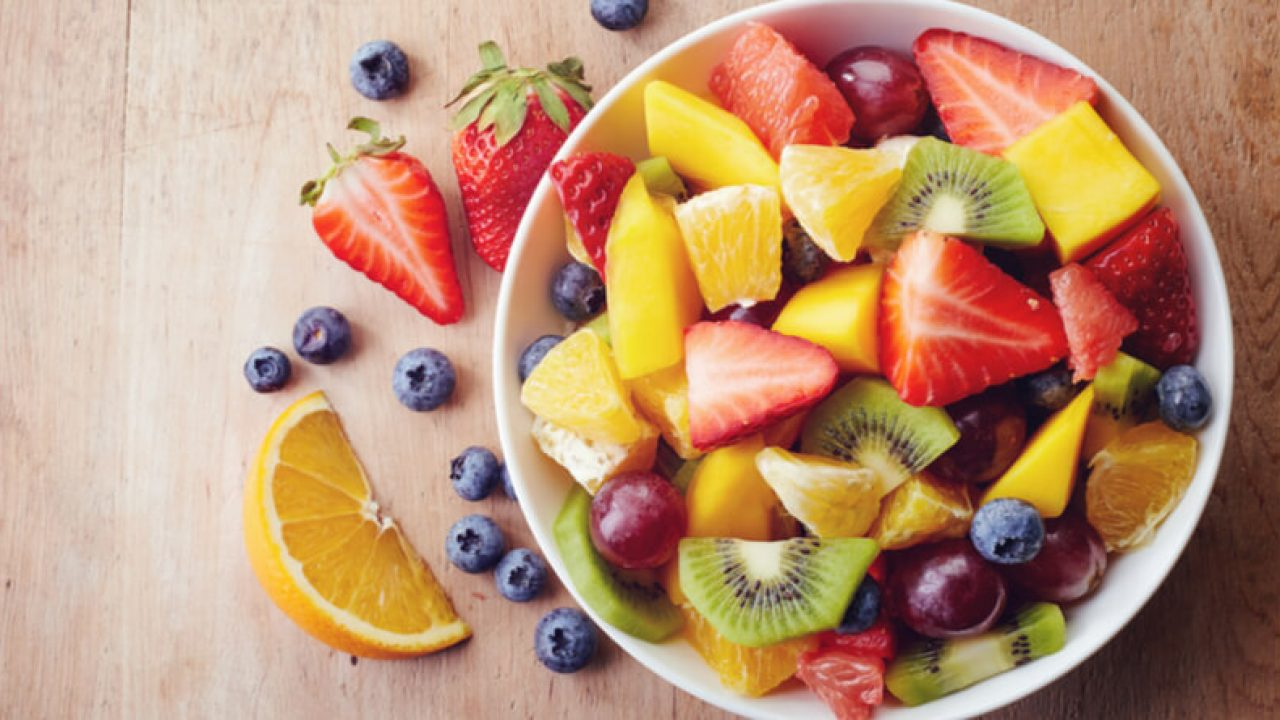When consuming whole fruit, it’s nearly impossible to eat sufficient fructose to cause harm.
Fruits are loaded with fiber and water and have significant chewing resistance. For this reason, most fruits take some time to eat and digest, which means that the fructose hits your liver slowly.
Fiber doesn’t just slow down you're eating. It has many benefits — especially in the case of soluble fiber, which is found in certain whole foods, including fruits. Fiber can lessen levels of cholesterol and help your body process sugar, and it could help you feel full. Buy our best seller here.
If weight reduction is an aim for you, a few studies also show that eating extra fiber may lessen the urge for food and promote weight loss.
Fiber-packed ingredients like fruit are filling. If you’re hungry for a snack, there’s a terrific threat you’ll sense glad after ingesting one massive Golden Delicious apple, which includes 2 grams of fiber and 22 grams of sugar, 13 of which are fructose.
Compare that to a 16-ounce (473-mL) can of soda, which includes 0 grams of fiber and 52 grams of sugar, 30 of which are fructose.
Sugary beverages are excessive in energy however in all likelihood to depart you feeling hungry. So, they’re now no longer a terrific opportunity for a complete-meals snack.
Plus, while fructose hits your liver fast and in massive quantities, it can have negative fitness consequences over time. This is what occurs while you drink a soda.
Alternatively, ingesting a chunk of fruit manner that fructose hits your liver slowly and in small quantities. In this case, your body is appropriately adapted to digest fructose.
So, even as ingesting massive quantities of added sugar may be dangerous for most people, the same does not usually apply to fruit.
